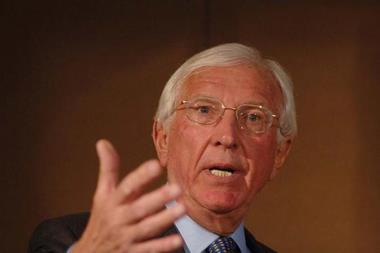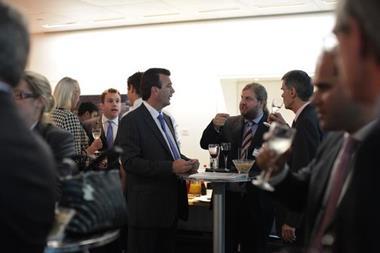Most internal auditors are concerned that they are unable to carry out their job effectively, says a survey
Two thirds (67%) of internal auditors believe that they are under-resourced, and consequently unable to carry out their job effectively, according to a survey.
Just 14% of them believe they have access to all the skills necessary to meet the requirements of their audit charter.
Fort percent of those questioned said that prior to the recession, their internal audit function was not focused on the “right” risks, and therefore unable to adequately assess and carry out their requirements.
Sukhdev Bal, Director, Protiviti, which conducted the survey at the Institute of Internal Auditors (IIA) annual conference, said: “The last couple of years have exposed deep flaws in the governance and risk management landscape. We believe that internal audit can help to address these flaws, but to do this, there needs to be a clear understanding of the evolving role, requirements and expectations of internal audit. Internal auditors must continue to enhance their skills and educate themselves on new technologies and competencies that will be required by their organisations in the months and years to come.”
“This survey is a clear indication that internal auditors themselves believe that prior to the recession, they were not fit for purpose in terms of focus, skills and capabilities. Audit committees, Internal Audit leaders and management need to work more closely and collectively to agree the role of audit, objectives, criteria for audit and the overall approach of the internal audit function required to meet current and future evolving needs. Importantly, having agreed these, they need to ensure that the function is staffed with the right skills, capabilities and experience to meet these objectives.”
Protiviti said that there is a real opportunity for internal audit to demonstrate the value it can add to an organisation by fulfilling a critical lead role in helping management and the board to better understand, assess and mitigate the organisation’s risks while remaining nimble and flexible enough to change when necessary. “This can only be achieved with the full support of management,” said Protiviti. “Senior management need to support and value the work done by an internal audit function. It must also make the effort to understand and help the internal audit process succeed.”
Bal continued: “Ultimately, this survey highlights the pressing need for change within the internal audit function, with an obligation on the organisation to help facilitate and be a true partner to this process. Internal audit needs to work to develop closer relations with line management and the Board and in an integrated way know the risks facing the business, challenges in managing these risks and thereby provide effective assurance. Companies forget that internal audit effectiveness is significantly impacted by the expectations of management and the support, explicit and implicit, that they provide - so this overhaul needs to be positioned as a collective challenge throughout the organisation.”


















No comments yet